Home / World / Trump Declares 100% Tariff on Foreign Films, Citing Hollywood Decline and National Security in Bold America-First Cultural Push
Trump Declares 100% Tariff on Foreign Films, Citing Hollywood Decline and National Security in Bold America-First Cultural Push
By: My India Times
6 minutes read 69Updated At: 2025-05-05

In a surprising and highly controversial move that has sent shockwaves across the global entertainment industry, President Donald Trump on Monday announced the imposition of a 100% tariff on all films produced outside the United States. The decision marks a significant escalation in Trump’s protectionist policies and cultural rhetoric, with the former president citing the decline of Hollywood and the broader American film industry as a matter of national security.
The announcement was made via Trump’s Truth Social platform, where he delivered a fiery statement declaring that foreign governments were actively luring American filmmakers away from domestic production through lucrative incentives. According to Trump, this “coordinated attack” on the U.S. film sector amounts to an “assault on national identity, messaging, and sovereignty.”
Trump: "Hollywood Dying a Very Fast Death"
“Hollywood, and many other areas within the USA, are being devastated,” Trump wrote. “Other countries are offering all sorts of incentives to draw our filmmakers and studios away from the United States. This is a concerted effort by other nations and, therefore, a National Security threat.”
The post further emphasized his view that the cultural influence of cinema is inseparable from the political and ideological health of the nation. “It is, in addition to everything else, messaging and propaganda. Therefore, I am authorizing the Department of Commerce, and the United States Trade Representative, to immediately begin the process of instituting a 100% Tariff on any and all movies coming into our country that are produced in foreign lands,” Trump stated. He ended his post with a trademark slogan: “WE WANT MOVIES MADE IN AMERICA, AGAIN.”
Scope of Tariff Remains Unclear
The abrupt nature of the announcement has left key questions unanswered, particularly regarding how the tariffs would be applied. It is not yet clear whether the tariffs will be levied strictly on foreign production companies or if American studios producing films overseas will also be subject to the tax.
The White House has not released a formal clarification or detailed policy document. However, U.S. Commerce Secretary Howard Lutnick, a loyal Trump appointee, responded to the post on X (formerly Twitter) with a brief statement: “We’re on it.”
Industry insiders are now awaiting specifics from the Department of Commerce and the Office of the United States Trade Representative, which are expected to outline enforcement mechanisms and implementation timelines in the coming days.
Global Industry Reaction: Fear, Confusion, and Criticism
The reaction from the global film community has been swift and overwhelmingly critical. Major studios, both domestic and international, have expressed alarm over the potential ramifications of such a sweeping policy.
Executives at Netflix, Warner Bros., and Disney—many of whom rely heavily on overseas filming locations for cost-efficiency and aesthetics—are reportedly reviewing upcoming international productions. A major concern is that the tariff could discourage partnerships with foreign studios and undercut global box office revenue.
“This is a drastic and destructive move,” said a spokesperson for the Motion Picture Association (MPA), which represents major U.S. studios. “Global collaboration in filmmaking is not just a business strategy—it’s a cultural necessity in today’s interconnected world. This tariff puts that at risk.”
Independent filmmakers also fear being caught in the crossfire. Many rely on lower-cost international co-productions to bring niche and artistic projects to life—an avenue that may now be effectively blocked.
Hollywood’s Shifting Economics
The broader context of Trump’s announcement is rooted in economic shifts that have affected Hollywood over the past two decades. Increasingly, major studios have looked abroad to cut production costs, often filming in countries like Canada, the United Kingdom, Australia, and Eastern Europe, where governments provide tax breaks and labor is cheaper.
This trend has led to a decline in traditional Hollywood filming and contributed to the closure of several iconic studios in Los Angeles and surrounding areas. Trump’s decision seems aimed at reversing that trend, using aggressive trade measures to re-shore movie production and reinvigorate the domestic industry.
However, critics argue that the strategy oversimplifies the complex economic and artistic realities of modern filmmaking. “Tariffs won’t bring Hollywood back to its golden age,” said Jessica Wu, a professor of Media and Global Trade at UCLA. “They will just make movies more expensive and less competitive on the global stage.”
Geopolitical Undercurrents: China Reacts
Trump’s film tariff announcement comes less than a month after China revealed it would “moderately reduce” the number of American films it allows to screen in its theaters. That decision followed Trump’s earlier move to increase tariffs on Chinese imports to a staggering 125%.
In a statement released by China’s film administration on April 10, officials condemned what they called “indiscriminate” U.S. trade policies. “The wrong action of the U.S. government’s indiscriminate tariffs on China is bound to further reduce the favourable impression of domestic audiences on American films,” the agency said.
Now, with Trump’s retaliatory measure targeting all foreign films, including those from key allies like the UK, Canada, and South Korea, the global film market could be headed for a period of unprecedented turbulence and fragmentation.
A Culture War Strategy?
Analysts suggest that Trump’s decision is not solely economic, but also deeply political. By framing the move as a defense of American culture, he is tapping into a broader strategy of nationalist messaging—a tactic that has become a hallmark of his presidency.
"Trump understands the cultural weight of Hollywood,” said Dr. Samuel Erickson, a political analyst at Georgetown University. “He’s using this as another front in the ongoing culture war—by targeting what he sees as liberal elites and foreign influence all at once.”
The message resonates with many of Trump’s supporters, who have long criticized Hollywood for promoting what they see as anti-American or overly progressive values.
Looking Ahead: Uncertain Path for Filmmakers
As of now, filmmakers and distributors are left in a state of limbo. Without clear policy directives or an official timeline, it is difficult to plan future releases or adjust production schedules.
The looming question remains whether this tariff will become permanent policy or if it is part of a larger negotiation strategy, especially as tensions with China and other trade partners continue to rise.
In the meantime, the entertainment industry braces for what could be one of the most disruptive periods in its history.
One thing is clear: Trump’s latest cultural and economic crusade has put Hollywood—and the world’s film industry—squarely in the center of a fierce and unfolding battle over art, identity, and global trade.
....In a surprising and highly controversial move that has sent shockwaves across the global entertainment industry, President Donald Trump on Monday announced the imposition of a 100% tariff on all films produced outside the United States. The decision marks a significant escalation in Trump’s protectionist policies and cultural rhetoric, with the former president citing the decline of Hollywood and the broader American film industry as a matter of national security.
The announcement was made via Trump’s Truth Social platform, where he delivered a fiery statement declaring that foreign governments were actively luring American filmmakers away from domestic production through lucrative incentives. According to Trump, this “coordinated attack” on the U.S. film sector amounts to an “assault on national identity, messaging, and sovereignty.”
Trump: "Hollywood Dying a Very Fast Death"
“Hollywood, and many other areas within the USA, are being devastated,” Trump wrote. “Other countries are offering all sorts of incentives to draw our filmmakers and studios away from the United States. This is a concerted effort by other nations and, therefore, a National Security threat.”
The post further emphasized his view that the cultural influence of cinema is inseparable from the political and ideological health of the nation. “It is, in addition to everything else, messaging and propaganda. Therefore, I am authorizing the Department of Commerce, and the United States Trade Representative, to immediately begin the process of instituting a 100% Tariff on any and all movies coming into our country that are produced in foreign lands,” Trump stated. He ended his post with a trademark slogan: “WE WANT MOVIES MADE IN AMERICA, AGAIN.”
Scope of Tariff Remains Unclear
The abrupt nature of the announcement has left key questions unanswered, particularly regarding how the tariffs would be applied. It is not yet clear whether the tariffs will be levied strictly on foreign production companies or if American studios producing films overseas will also be subject to the tax.
The White House has not released a formal clarification or detailed policy document. However, U.S. Commerce Secretary Howard Lutnick, a loyal Trump appointee, responded to the post on X (formerly Twitter) with a brief statement: “We’re on it.”
Industry insiders are now awaiting specifics from the Department of Commerce and the Office of the United States Trade Representative, which are expected to outline enforcement mechanisms and implementation timelines in the coming days.
Global Industry Reaction: Fear, Confusion, and Criticism
The reaction from the global film community has been swift and overwhelmingly critical. Major studios, both domestic and international, have expressed alarm over the potential ramifications of such a sweeping policy.
Executives at Netflix, Warner Bros., and Disney—many of whom rely heavily on overseas filming locations for cost-efficiency and aesthetics—are reportedly reviewing upcoming international productions. A major concern is that the tariff could discourage partnerships with foreign studios and undercut global box office revenue.
“This is a drastic and destructive move,” said a spokesperson for the Motion Picture Association (MPA), which represents major U.S. studios. “Global collaboration in filmmaking is not just a business strategy—it’s a cultural necessity in today’s interconnected world. This tariff puts that at risk.”
Independent filmmakers also fear being caught in the crossfire. Many rely on lower-cost international co-productions to bring niche and artistic projects to life—an avenue that may now be effectively blocked.
Hollywood’s Shifting Economics
The broader context of Trump’s announcement is rooted in economic shifts that have affected Hollywood over the past two decades. Increasingly, major studios have looked abroad to cut production costs, often filming in countries like Canada, the United Kingdom, Australia, and Eastern Europe, where governments provide tax breaks and labor is cheaper.
This trend has led to a decline in traditional Hollywood filming and contributed to the closure of several iconic studios in Los Angeles and surrounding areas. Trump’s decision seems aimed at reversing that trend, using aggressive trade measures to re-shore movie production and reinvigorate the domestic industry.
However, critics argue that the strategy oversimplifies the complex economic and artistic realities of modern filmmaking. “Tariffs won’t bring Hollywood back to its golden age,” said Jessica Wu, a professor of Media and Global Trade at UCLA. “They will just make movies more expensive and less competitive on the global stage.”
Geopolitical Undercurrents: China Reacts
Trump’s film tariff announcement comes less than a month after China revealed it would “moderately reduce” the number of American films it allows to screen in its theaters. That decision followed Trump’s earlier move to increase tariffs on Chinese imports to a staggering 125%.
In a statement released by China’s film administration on April 10, officials condemned what they called “indiscriminate” U.S. trade policies. “The wrong action of the U.S. government’s indiscriminate tariffs on China is bound to further reduce the favourable impression of domestic audiences on American films,” the agency said.
Now, with Trump’s retaliatory measure targeting all foreign films, including those from key allies like the UK, Canada, and South Korea, the global film market could be headed for a period of unprecedented turbulence and fragmentation.
A Culture War Strategy?
Analysts suggest that Trump’s decision is not solely economic, but also deeply political. By framing the move as a defense of American culture, he is tapping into a broader strategy of nationalist messaging—a tactic that has become a hallmark of his presidency.
"Trump understands the cultural weight of Hollywood,” said Dr. Samuel Erickson, a political analyst at Georgetown University. “He’s using this as another front in the ongoing culture war—by targeting what he sees as liberal elites and foreign influence all at once.”
The message resonates with many of Trump’s supporters, who have long criticized Hollywood for promoting what they see as anti-American or overly progressive values.
Looking Ahead: Uncertain Path for Filmmakers
As of now, filmmakers and distributors are left in a state of limbo. Without clear policy directives or an official timeline, it is difficult to plan future releases or adjust production schedules.
The looming question remains whether this tariff will become permanent policy or if it is part of a larger negotiation strategy, especially as tensions with China and other trade partners continue to rise.
In the meantime, the entertainment industry braces for what could be one of the most disruptive periods in its history.
One thing is clear: Trump’s latest cultural and economic crusade has put Hollywood—and the world’s film industry—squarely in the center of a fierce and unfolding battle over art, identity, and global trade.
By: My India Times
Updated At: 2025-05-05
Tags: World News | My India Times News | Trending News | Travel News
Join our WhatsApp Channel







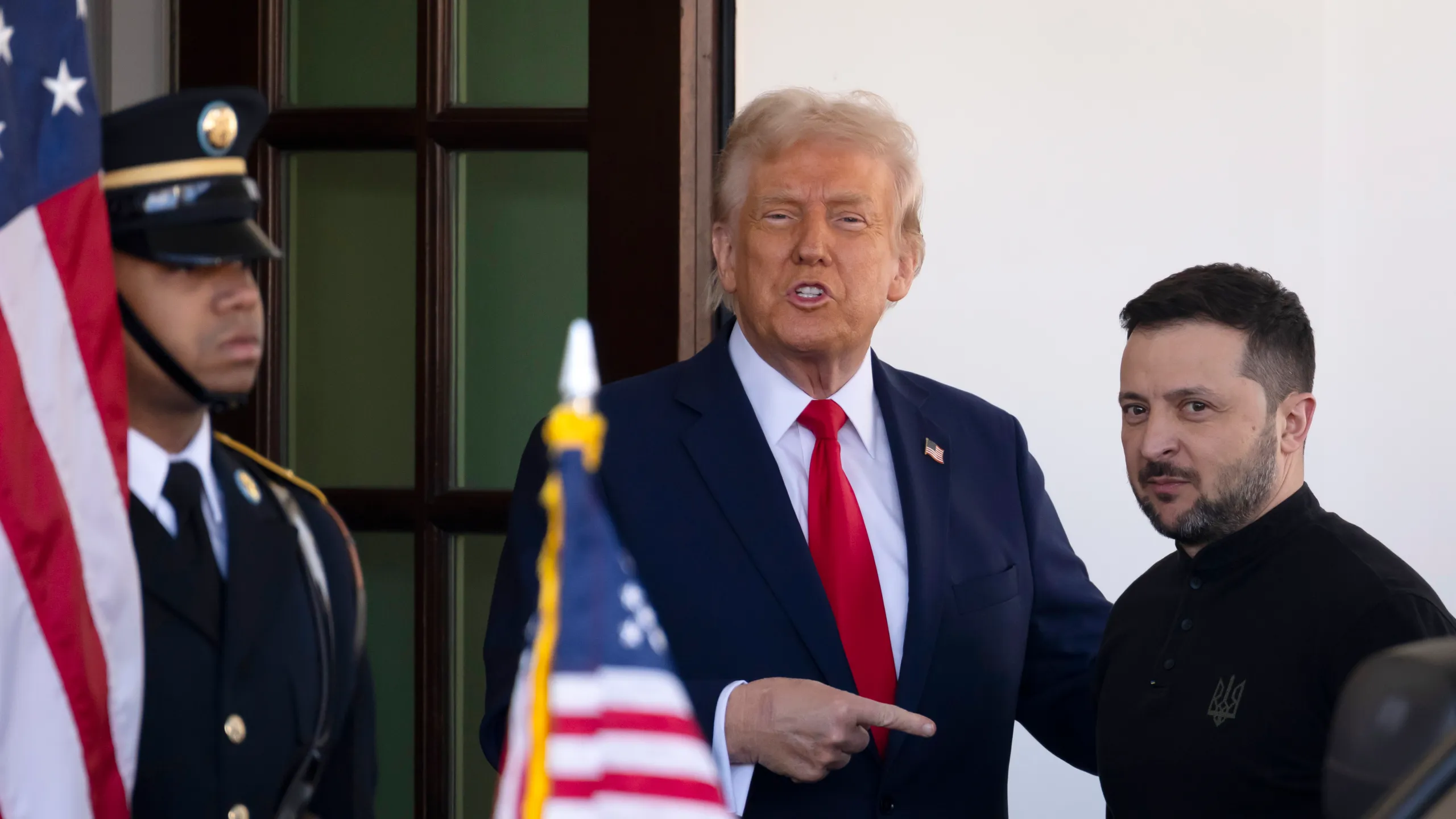
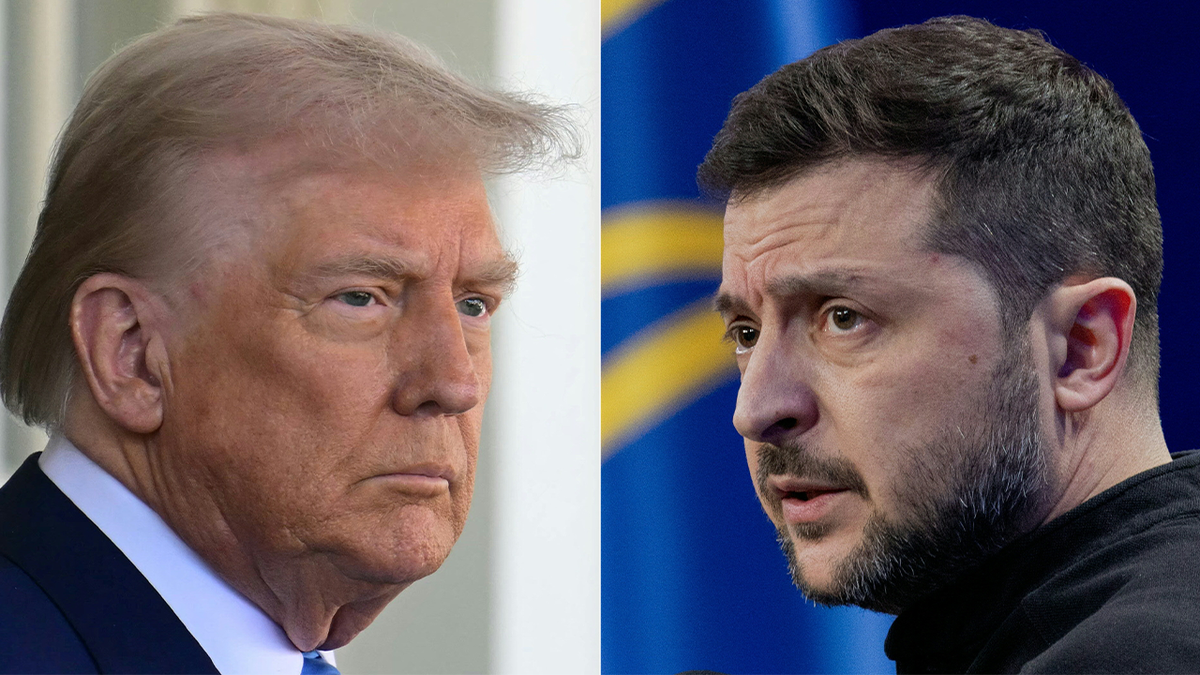
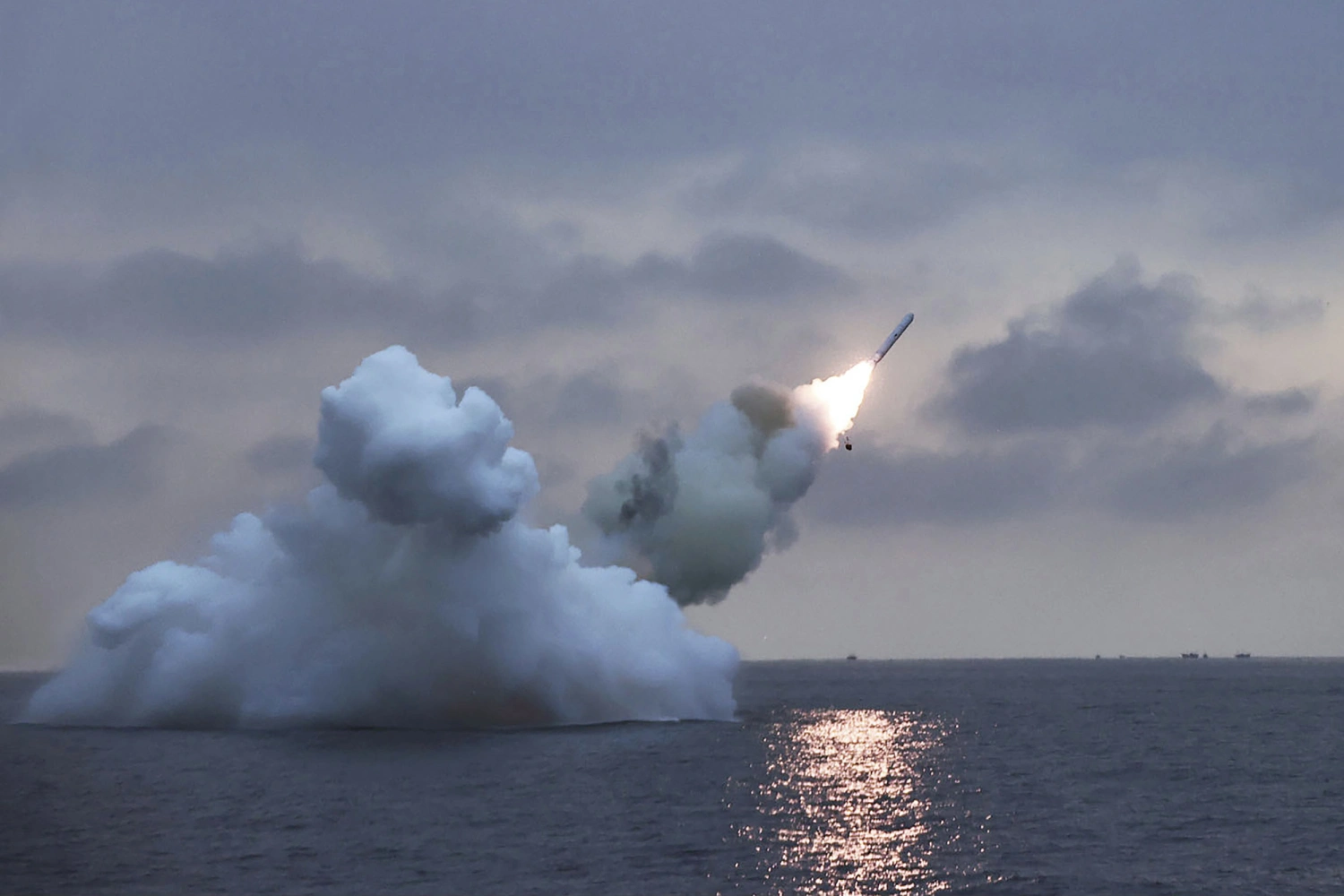

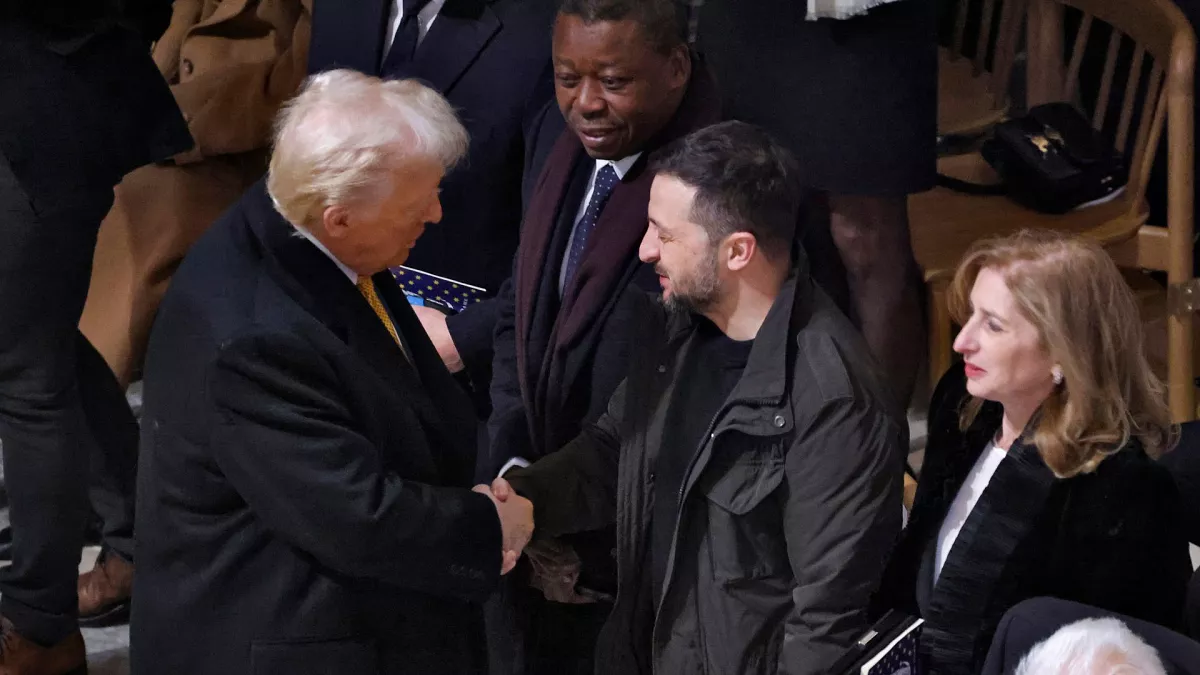
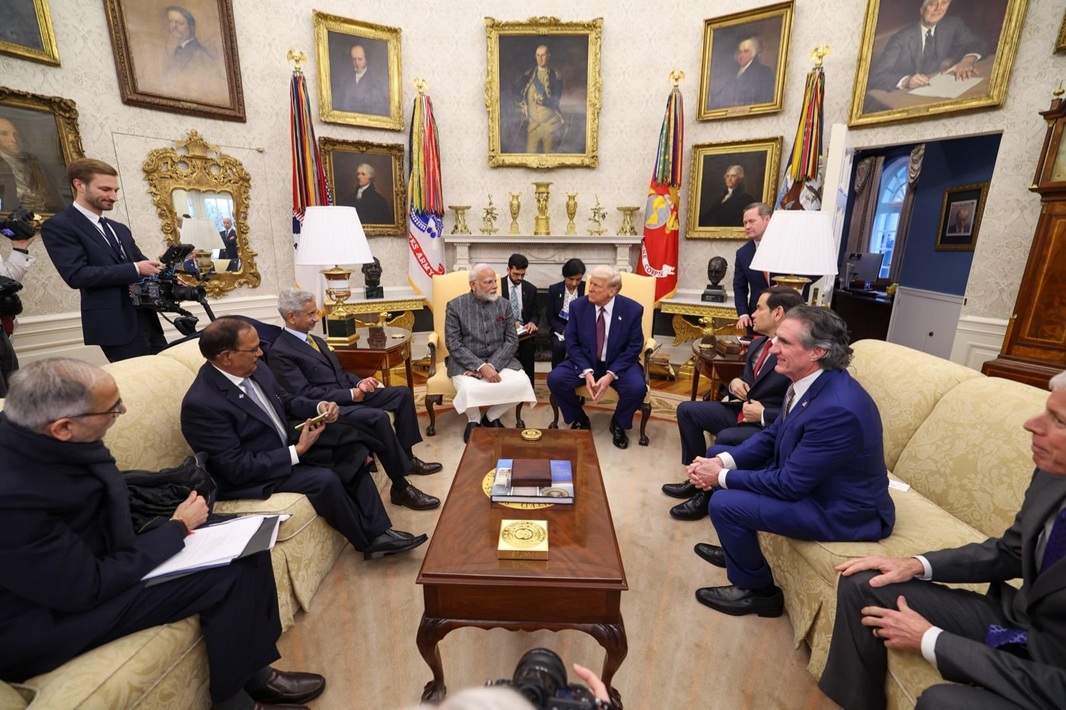




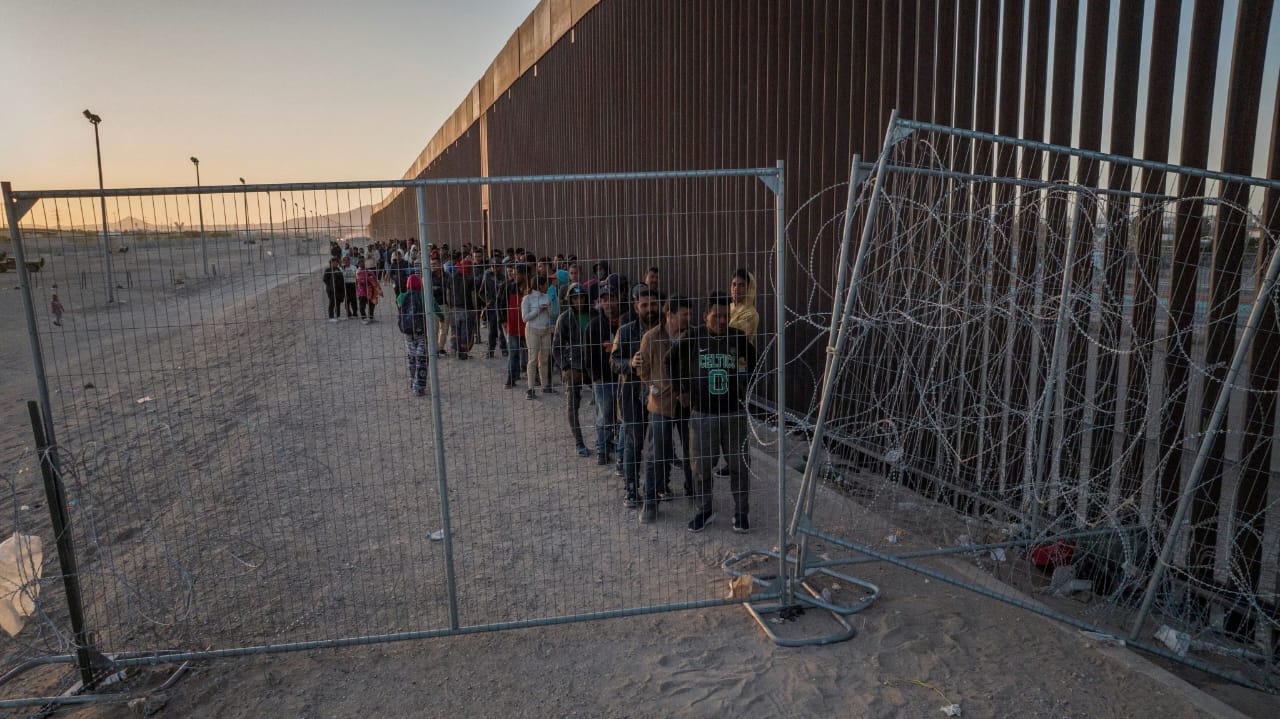

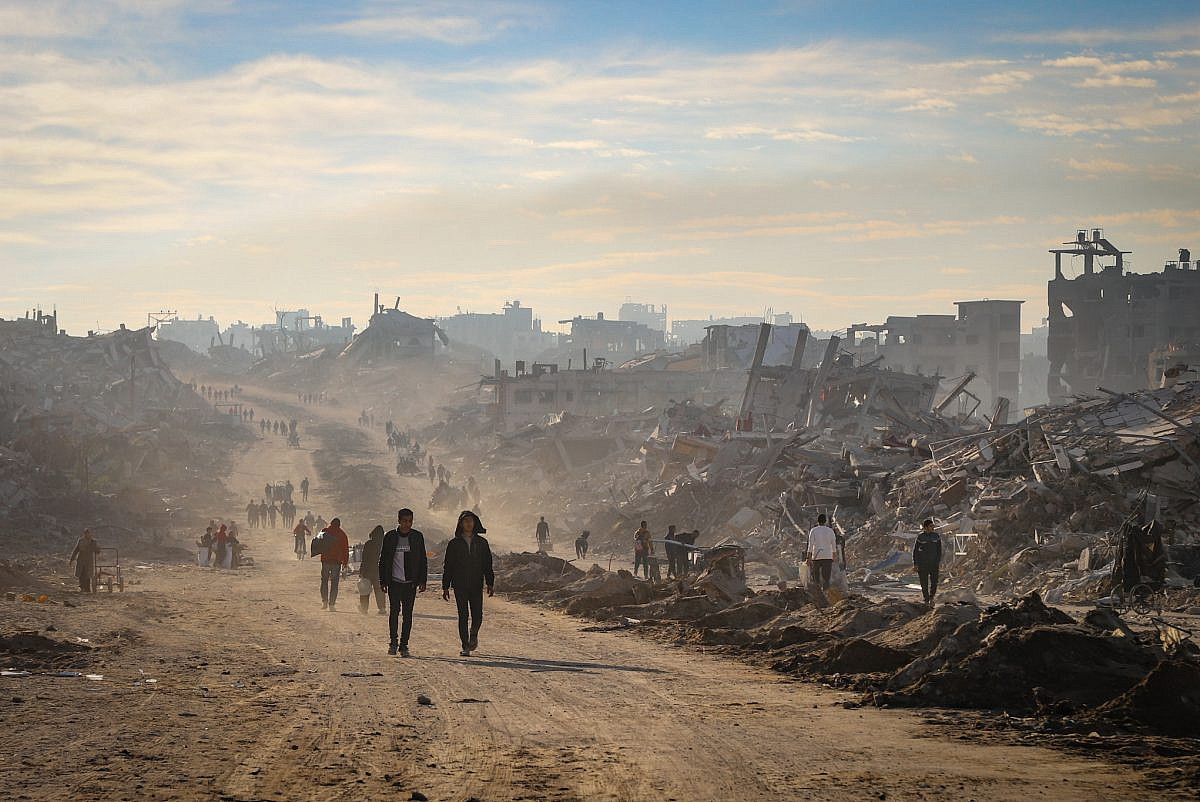
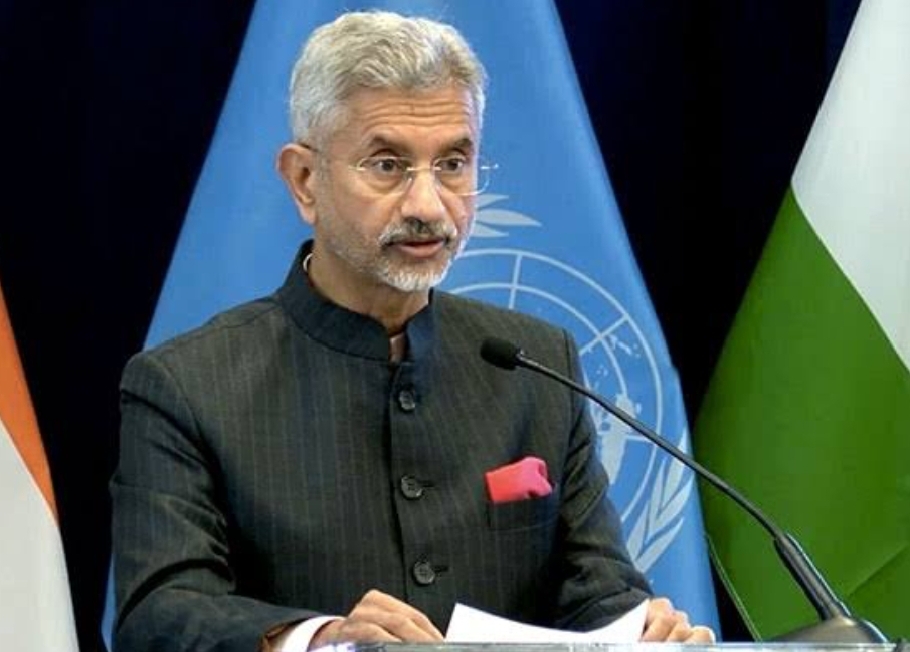



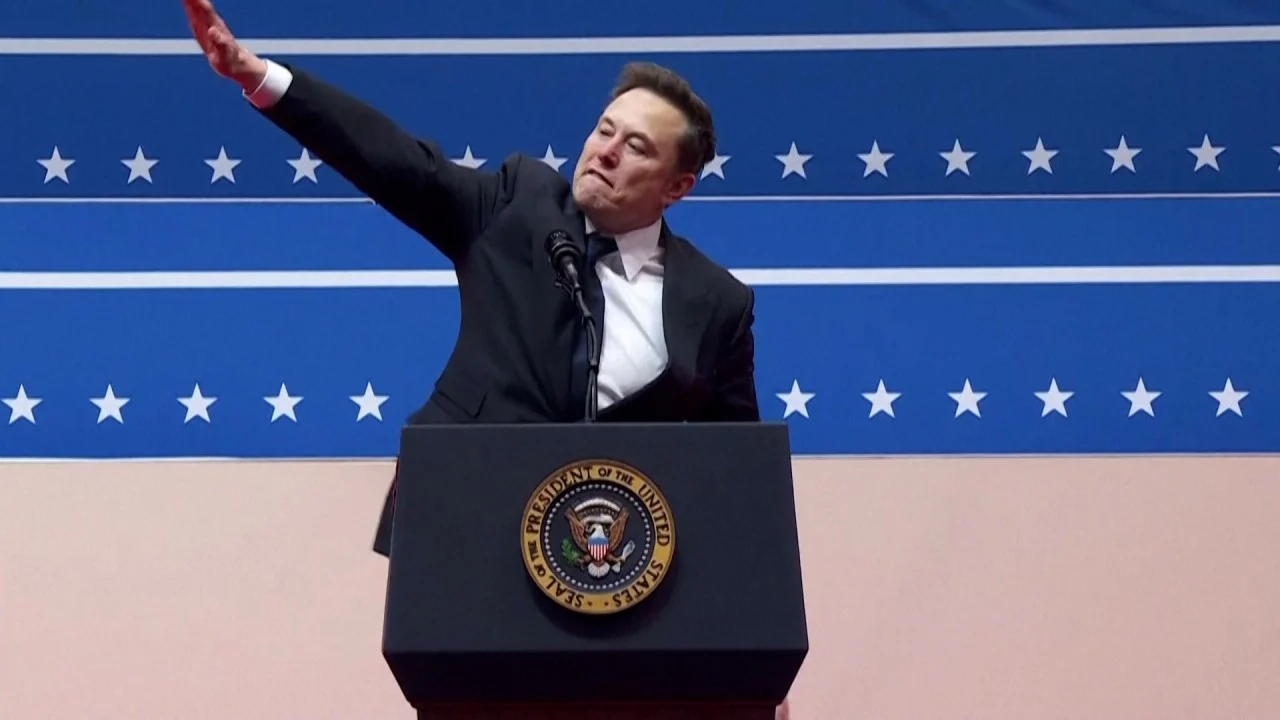
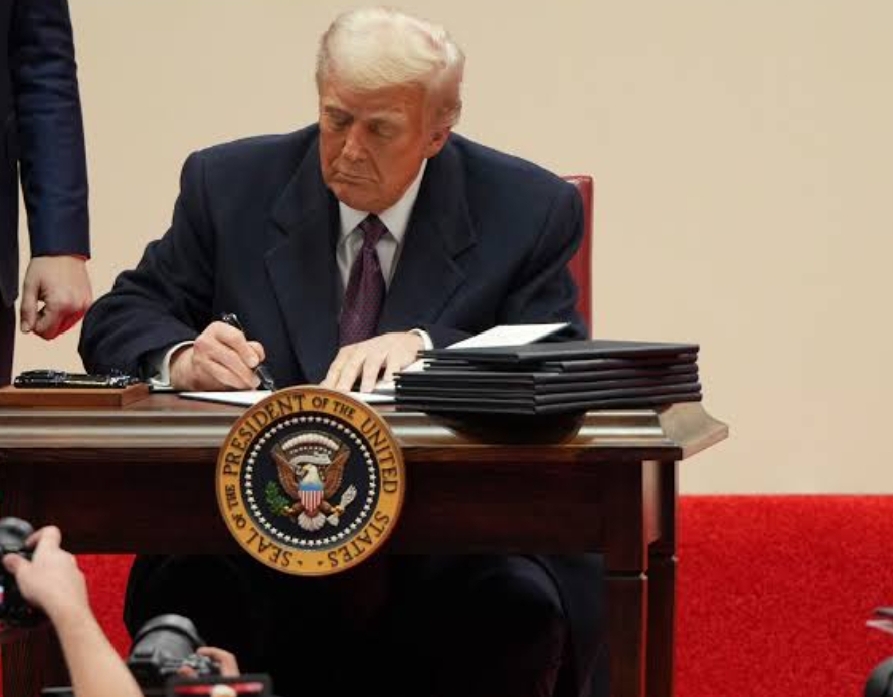


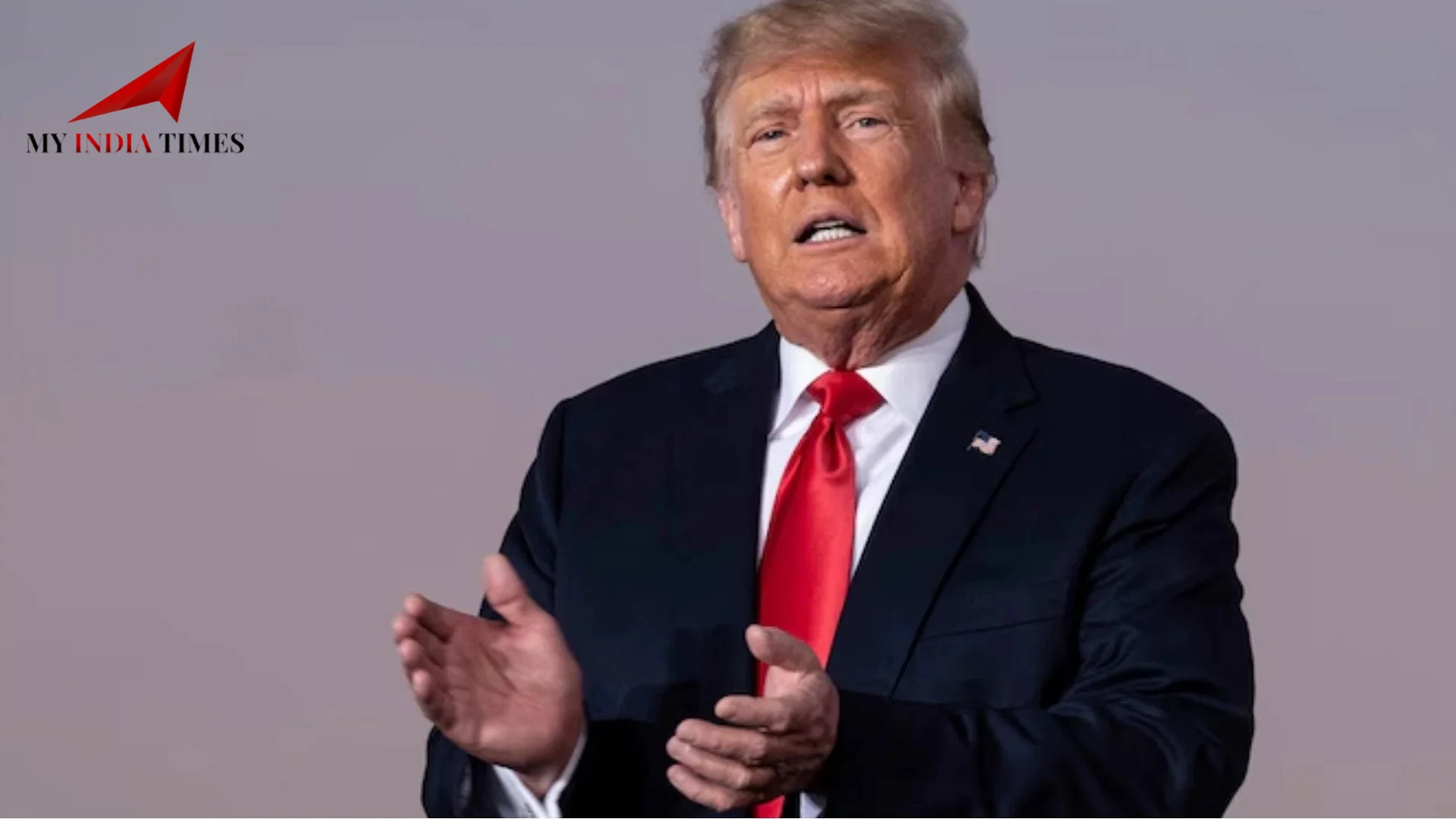
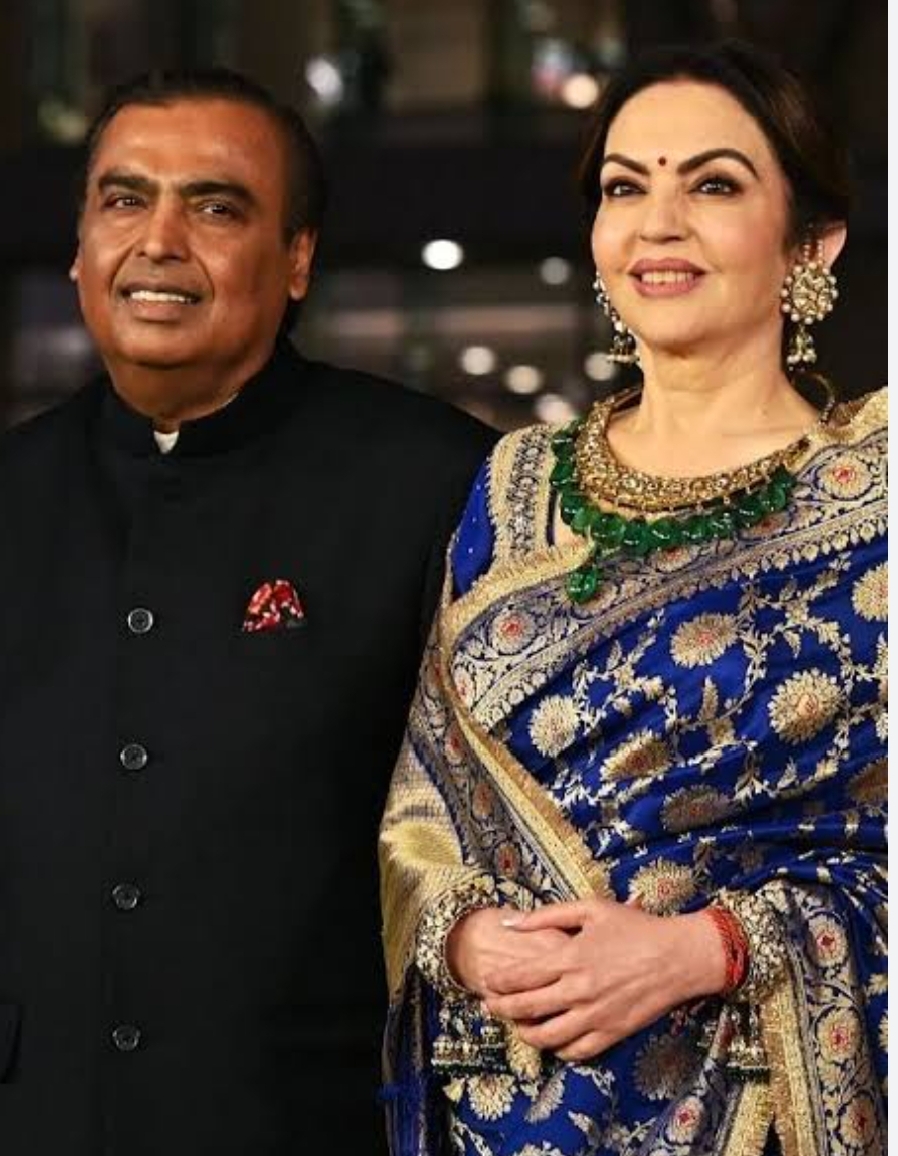

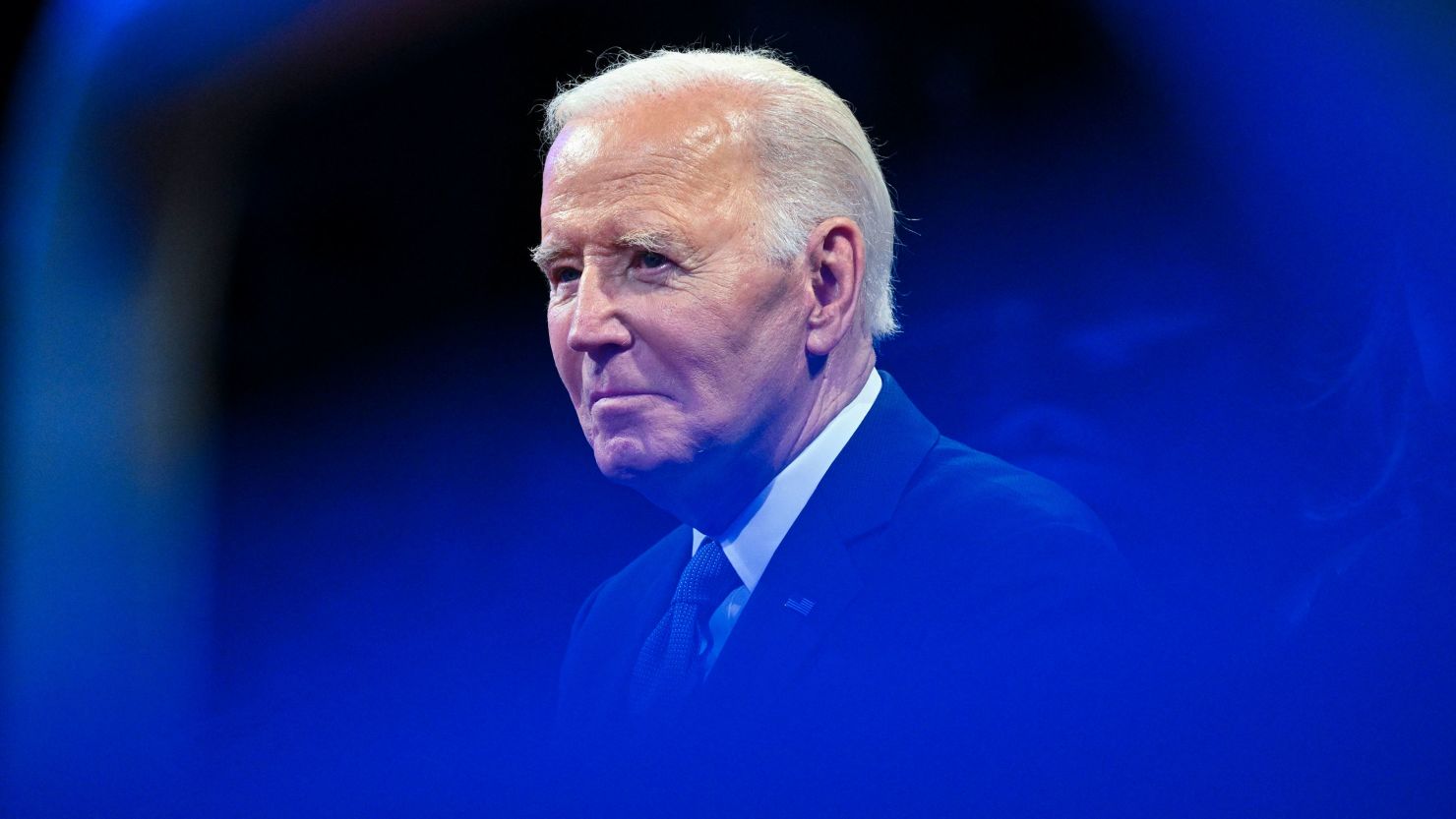
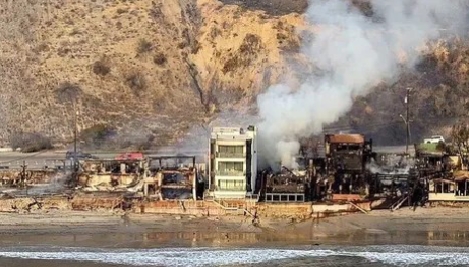

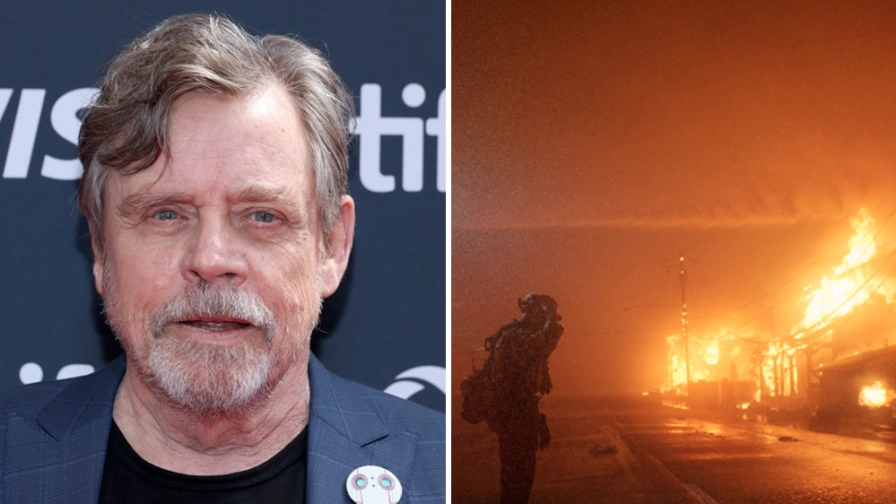


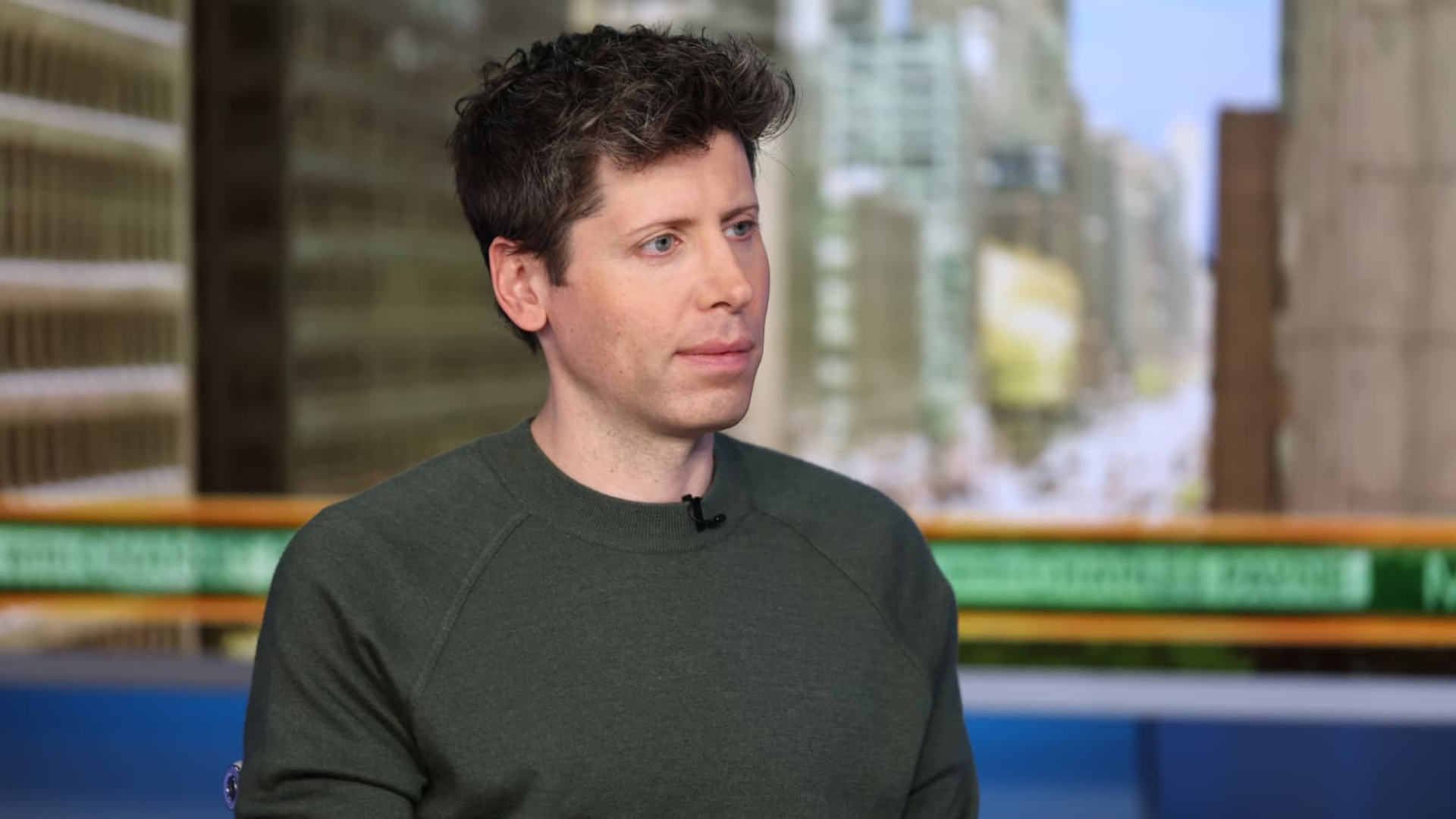
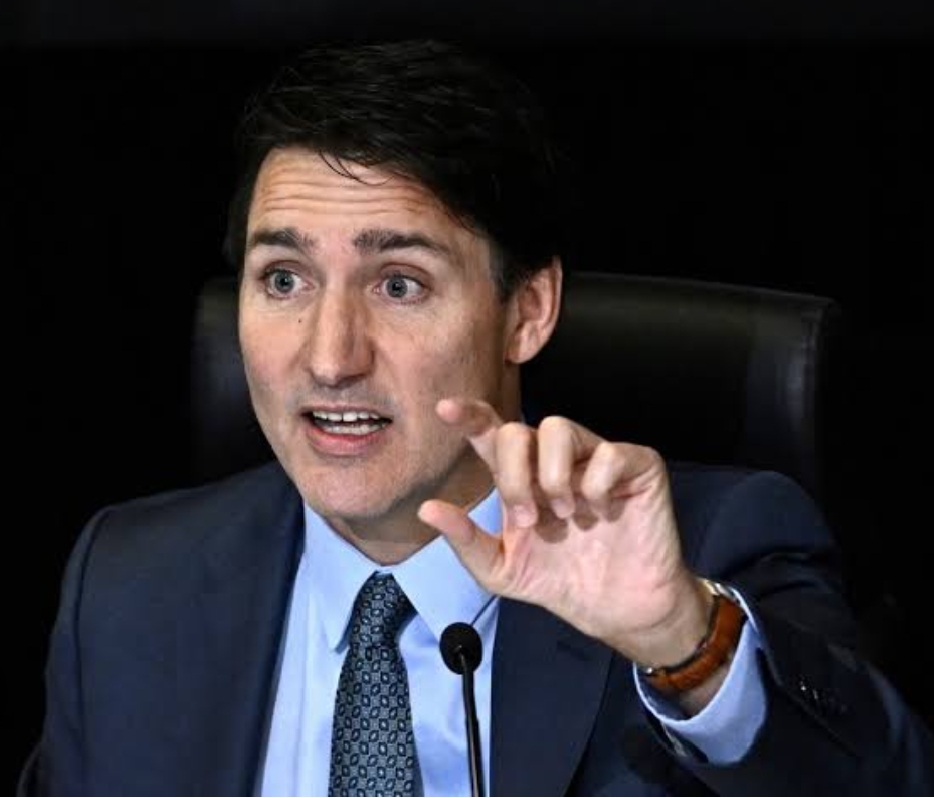
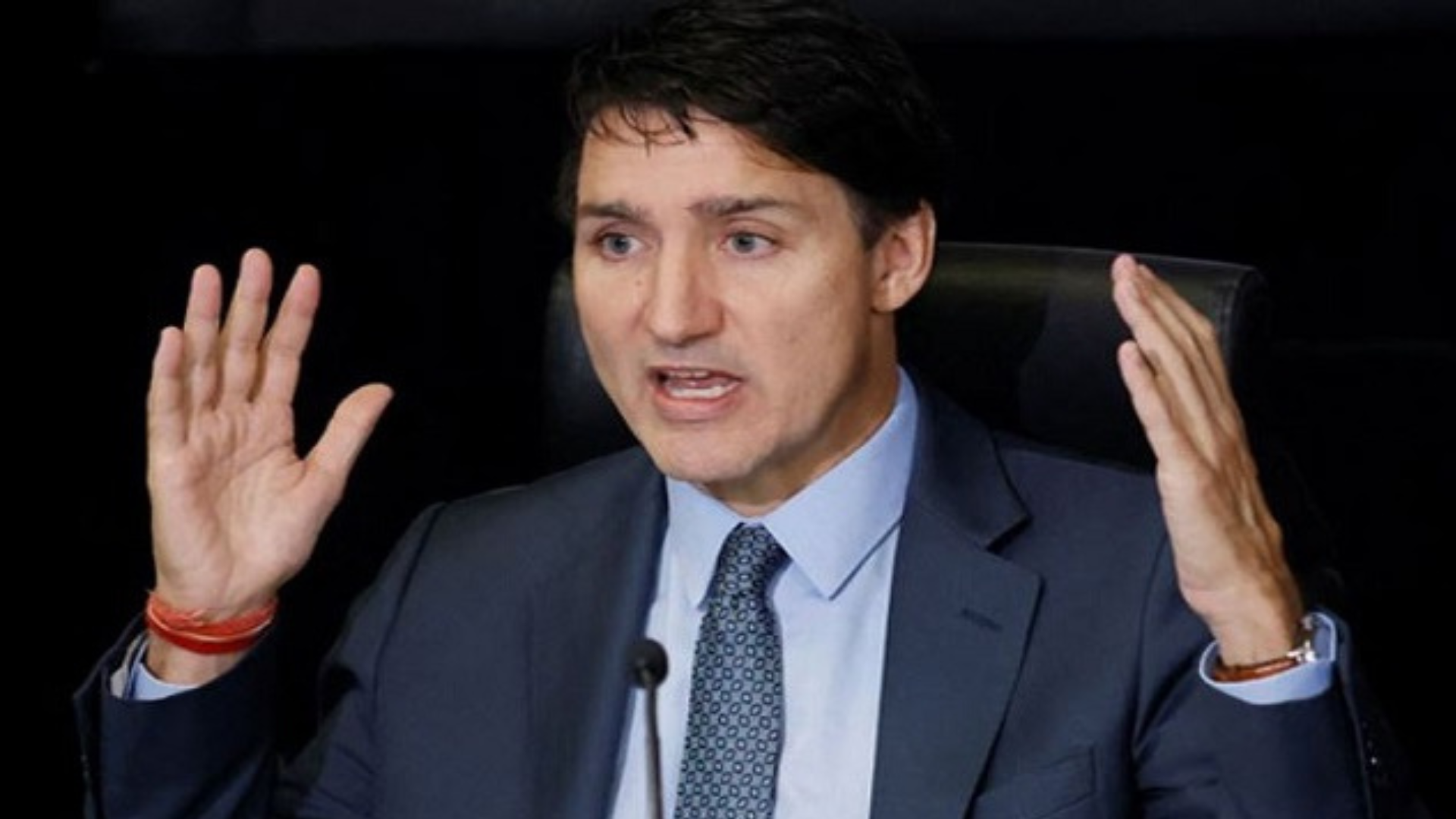




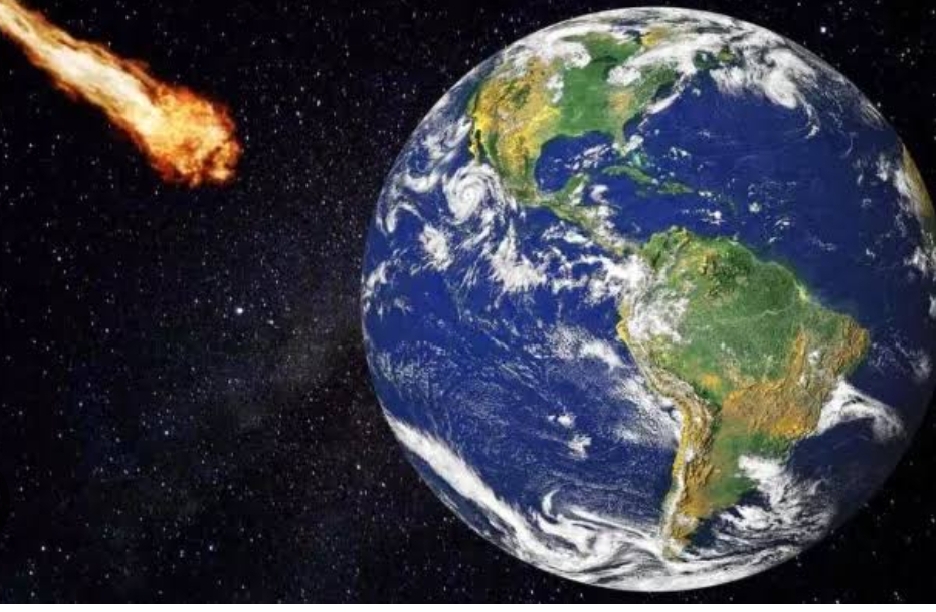
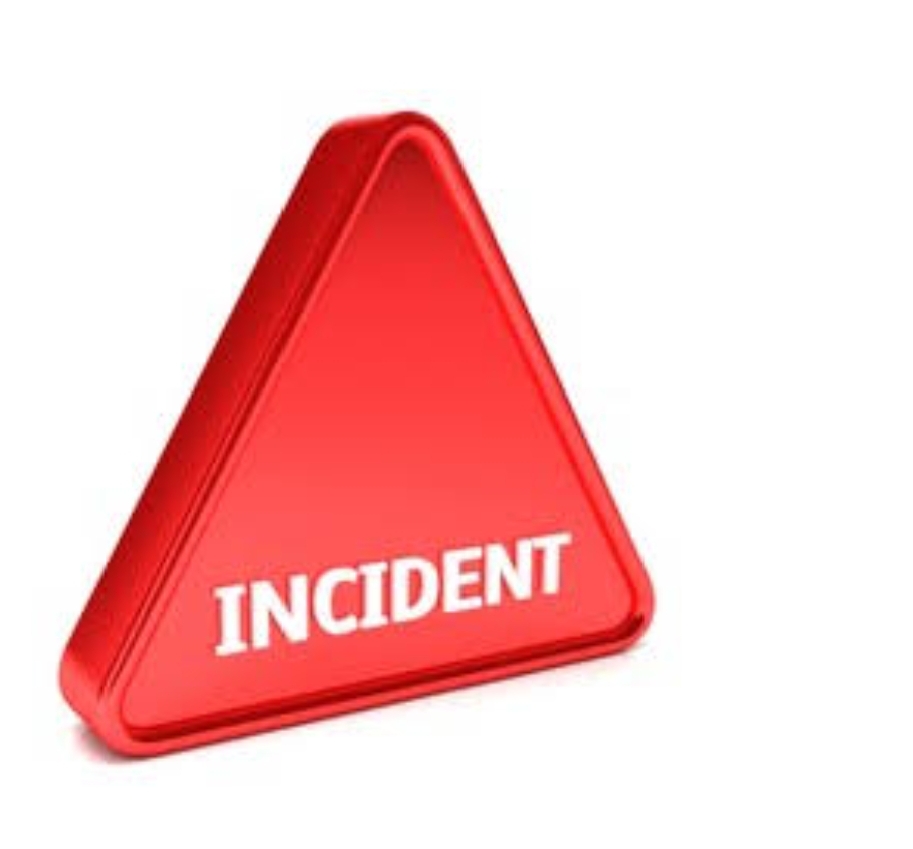




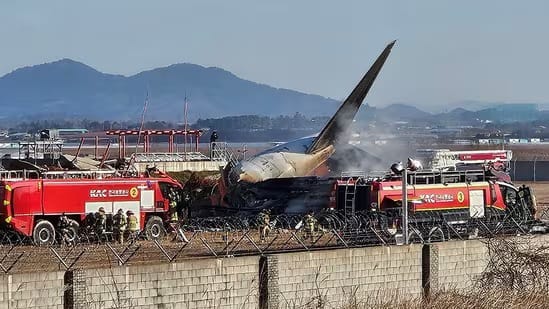





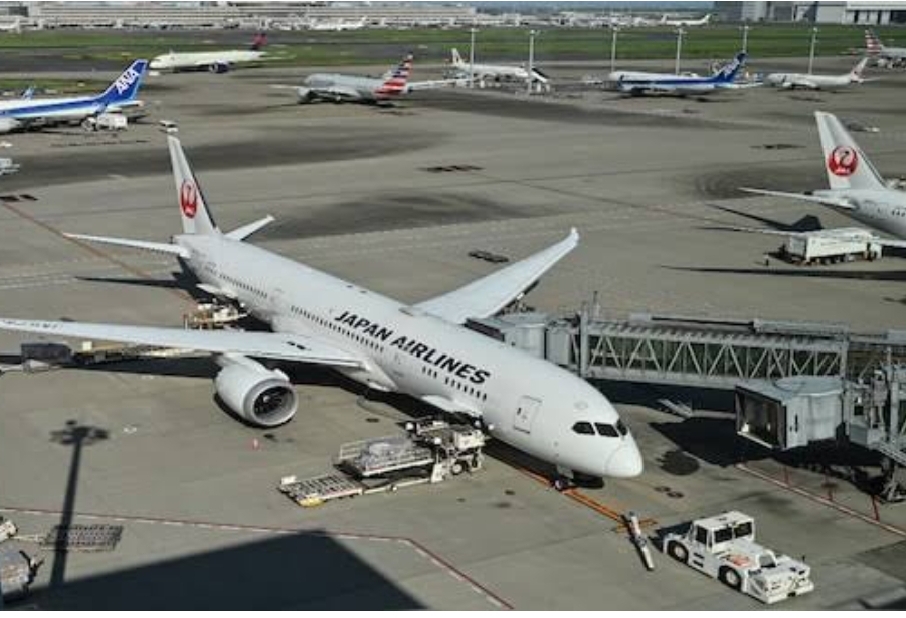




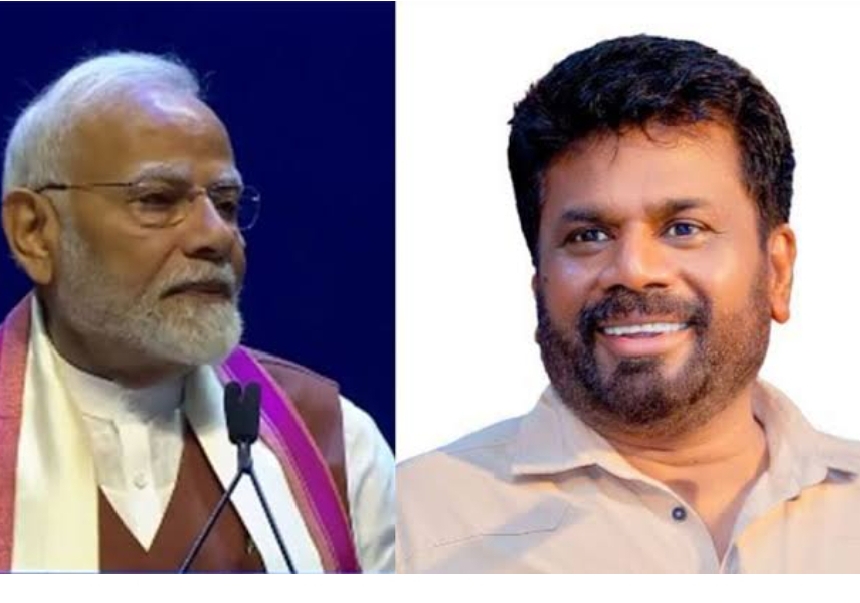

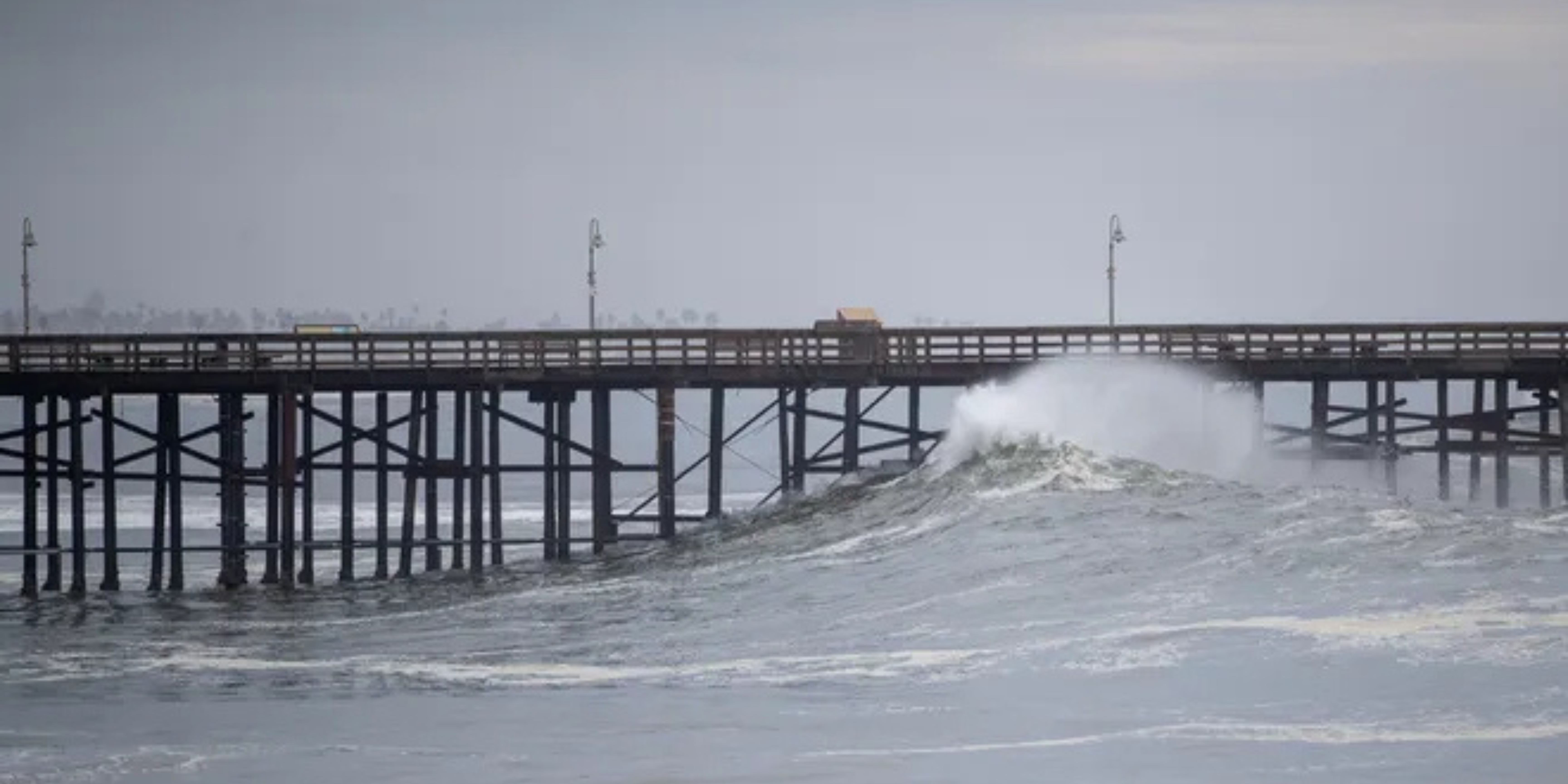












.png)
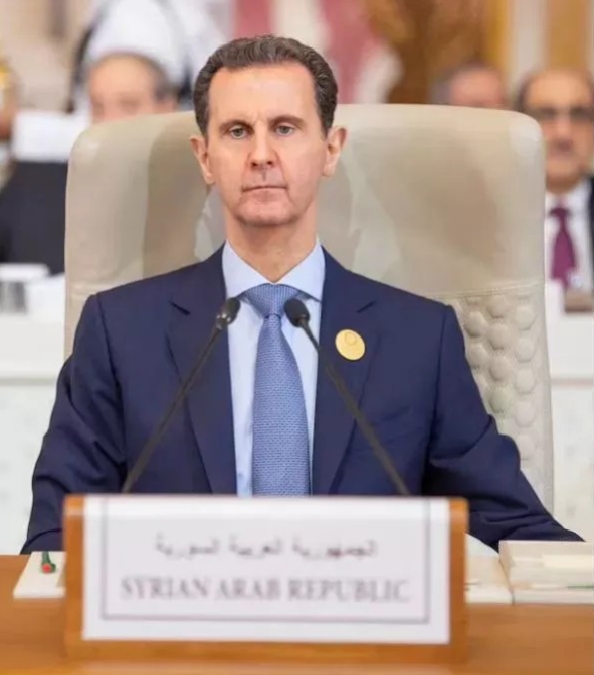
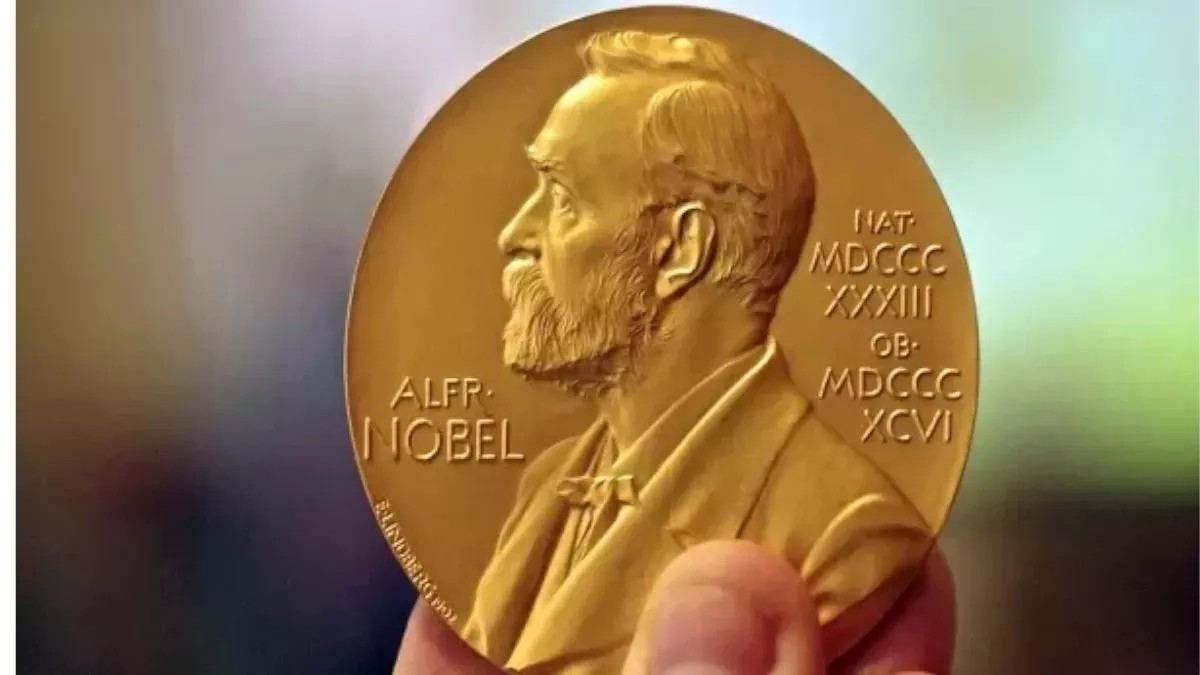
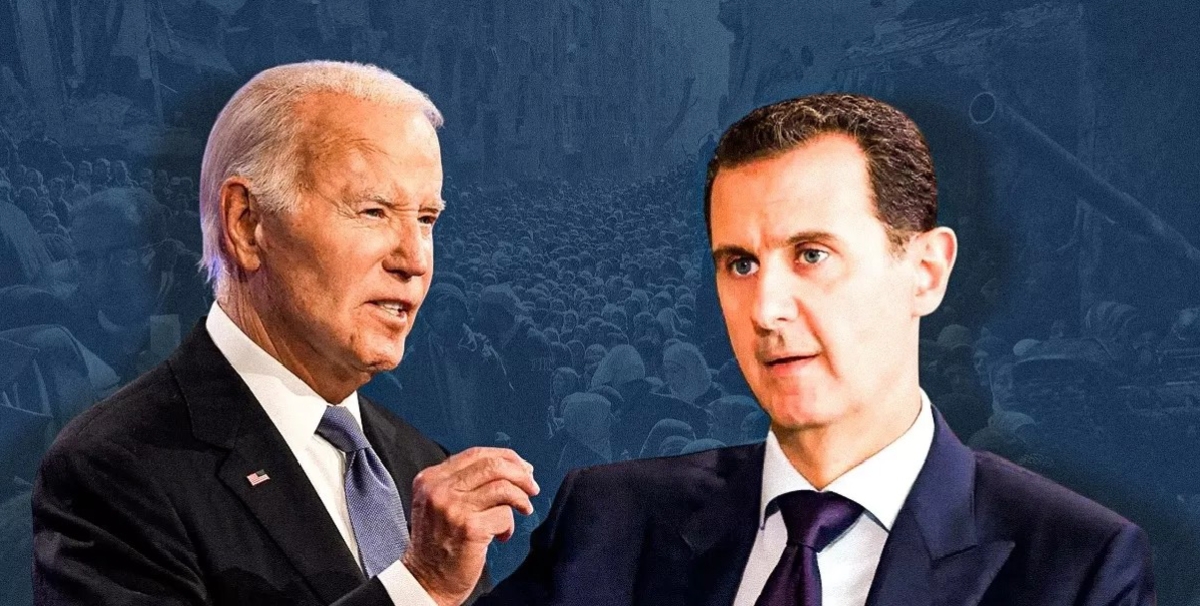





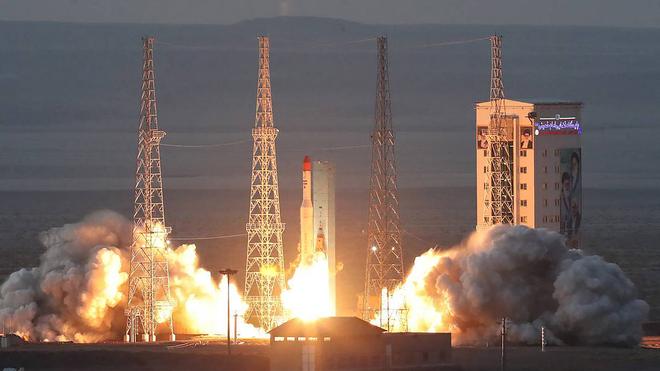
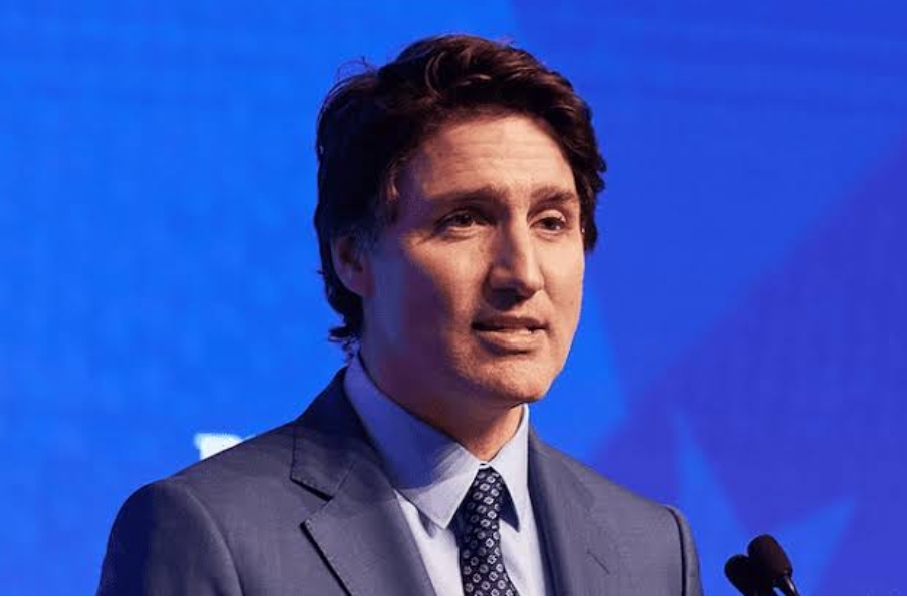


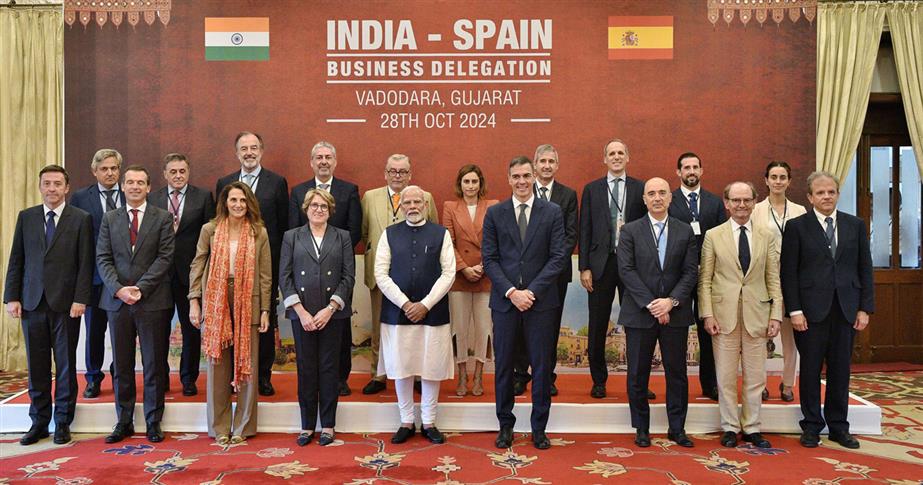
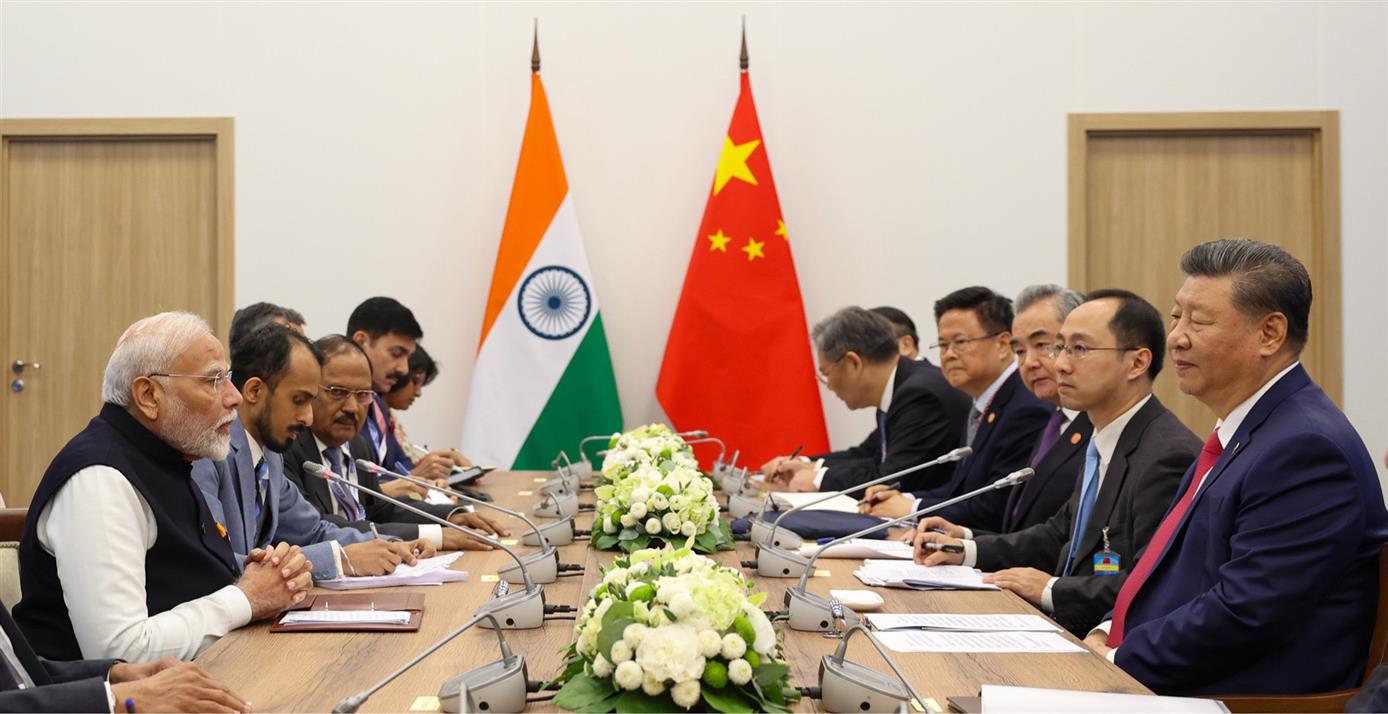
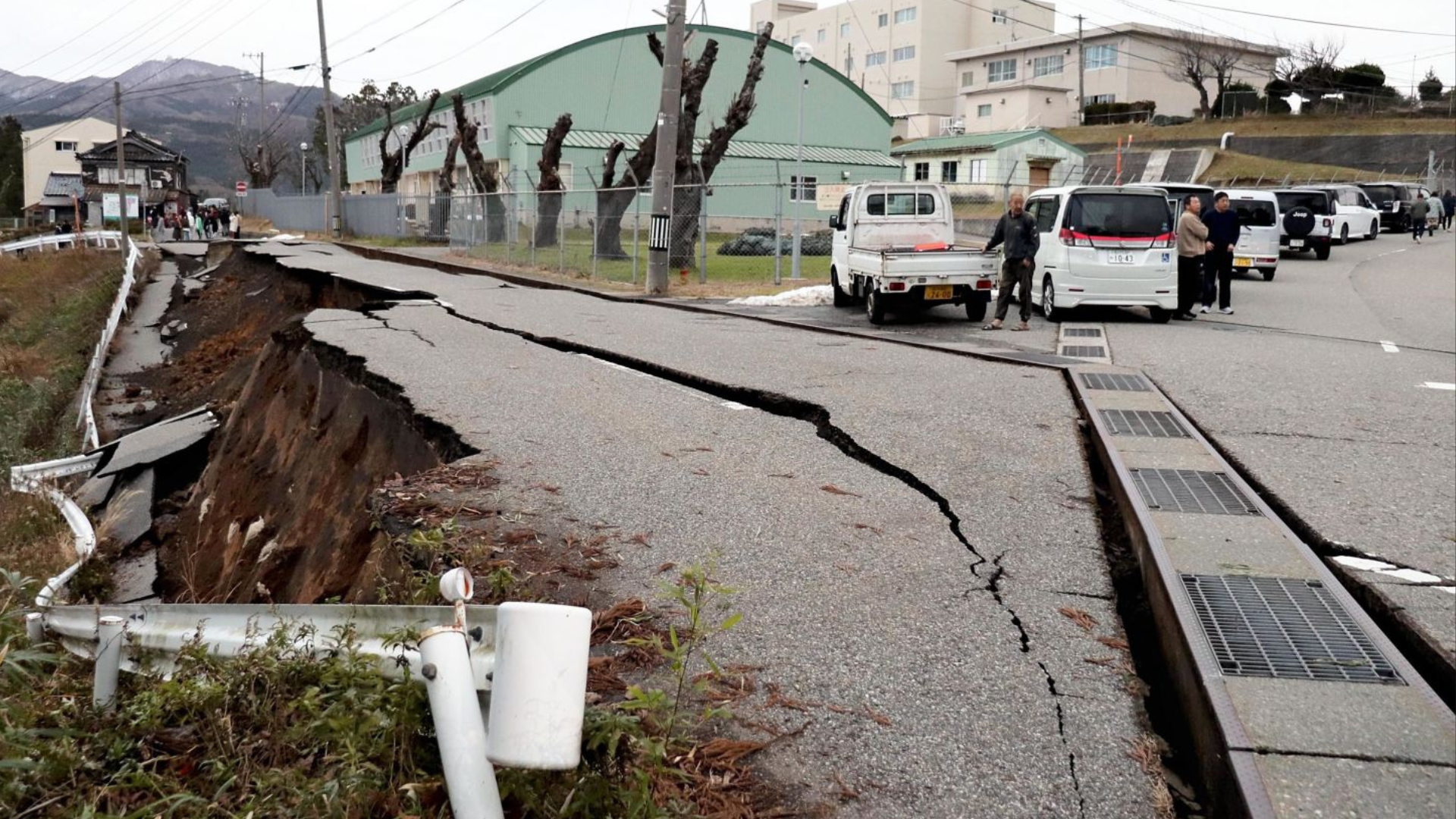
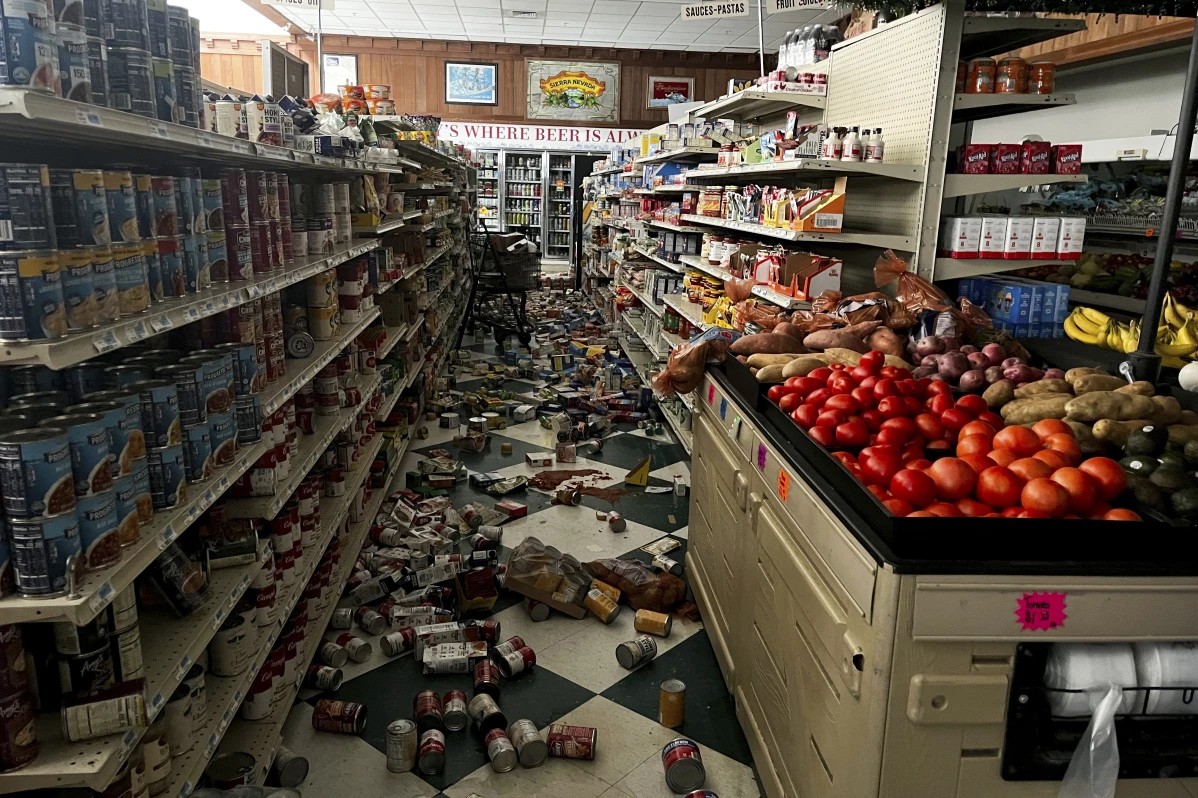
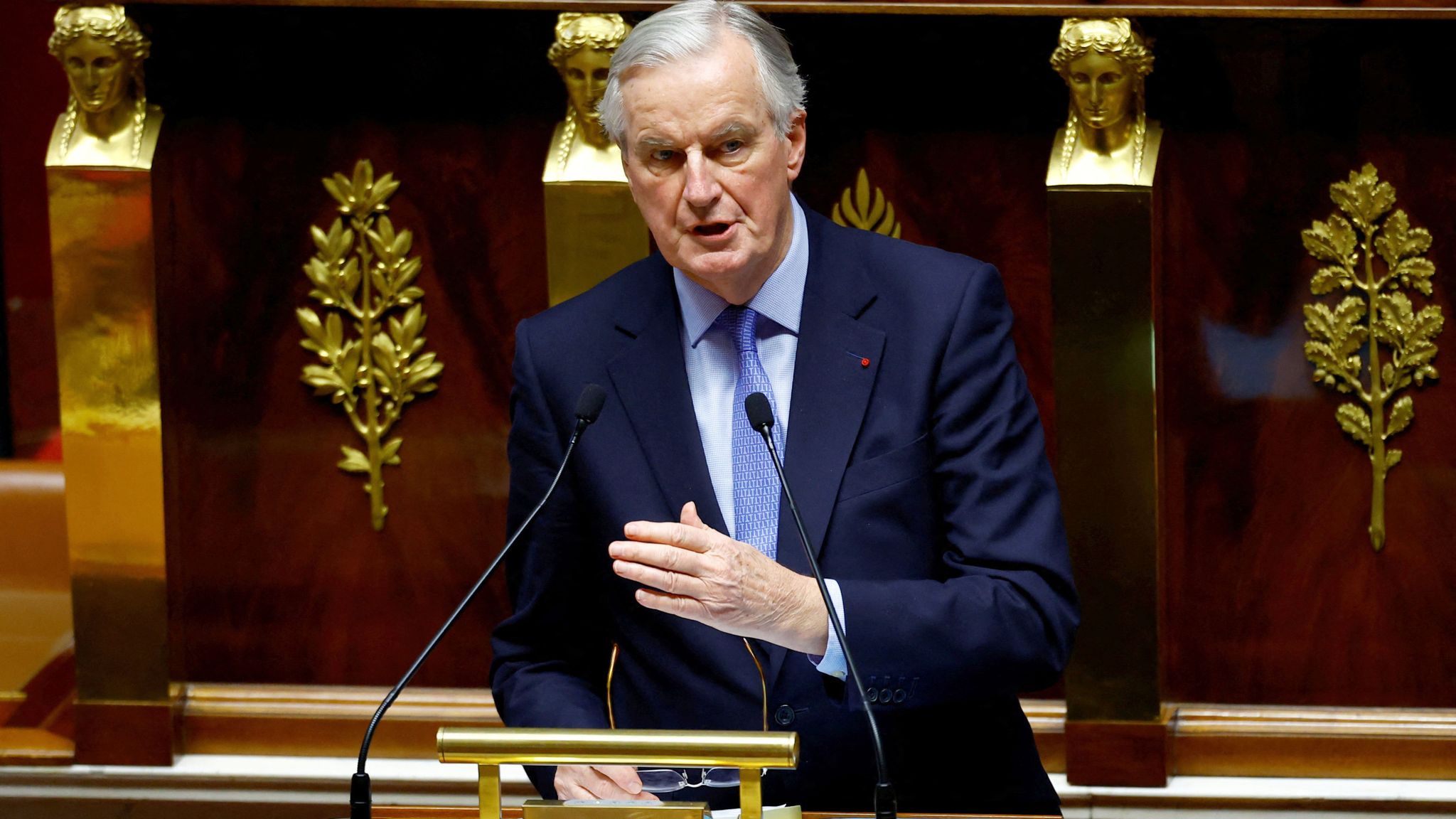

.png)

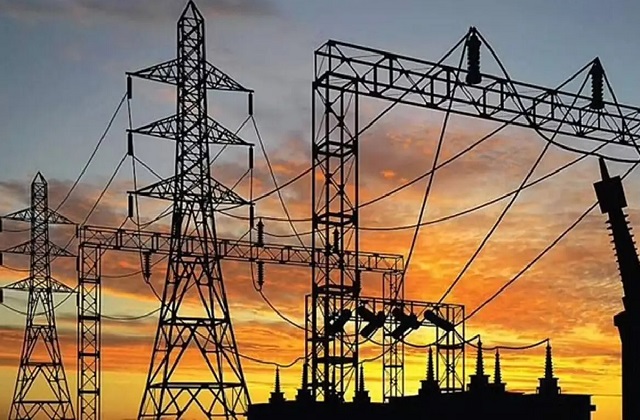





.jfif)


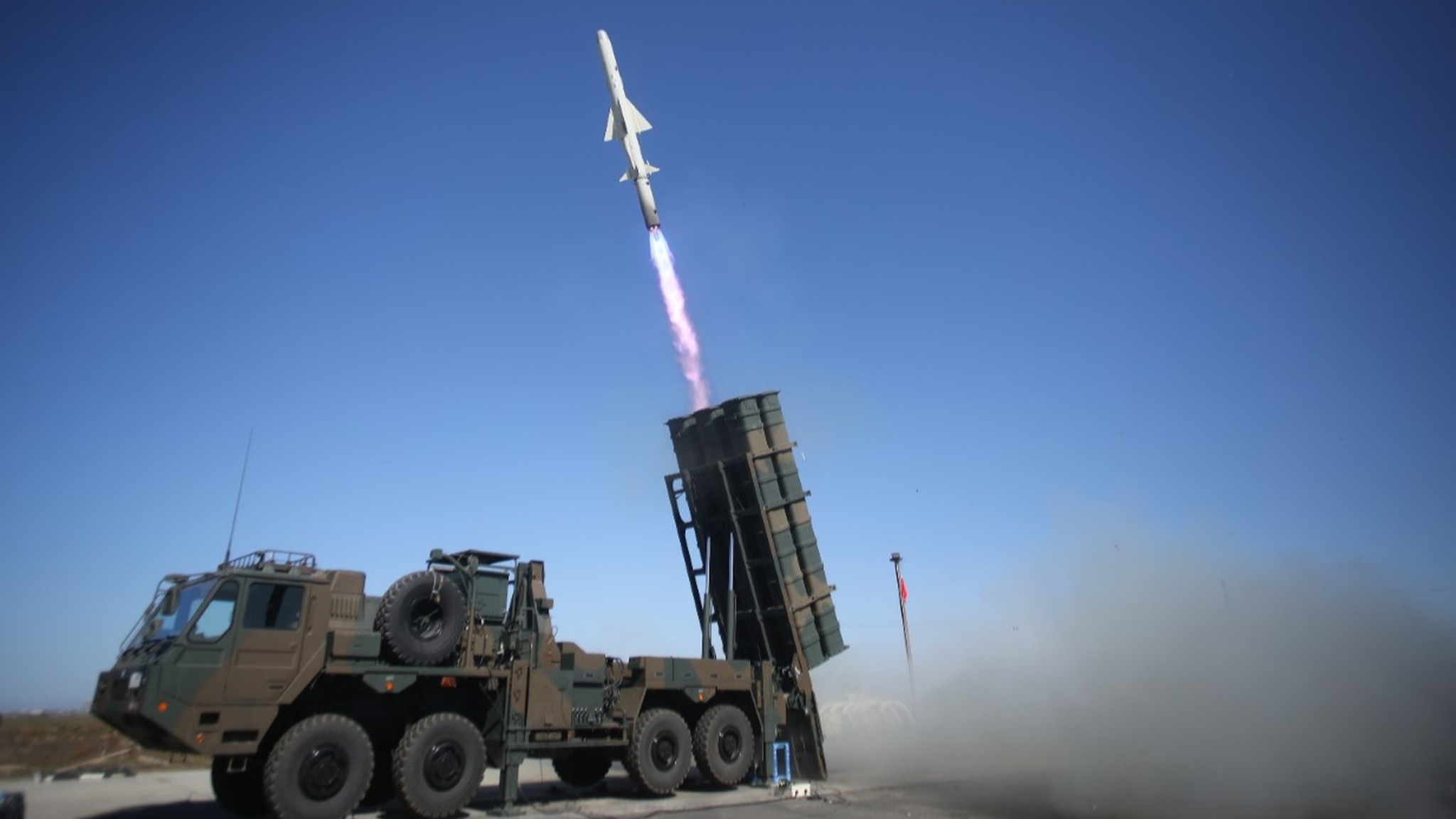




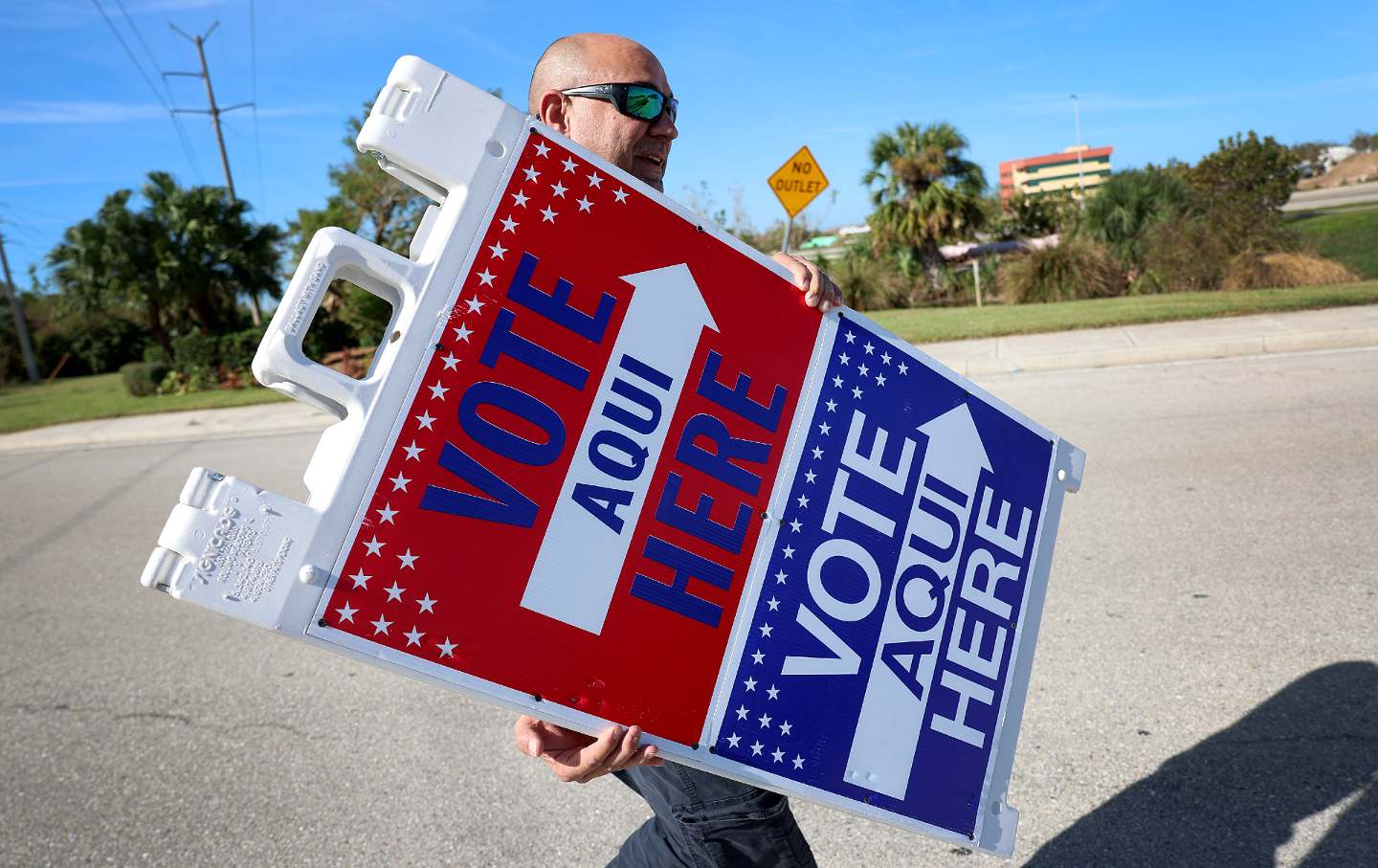


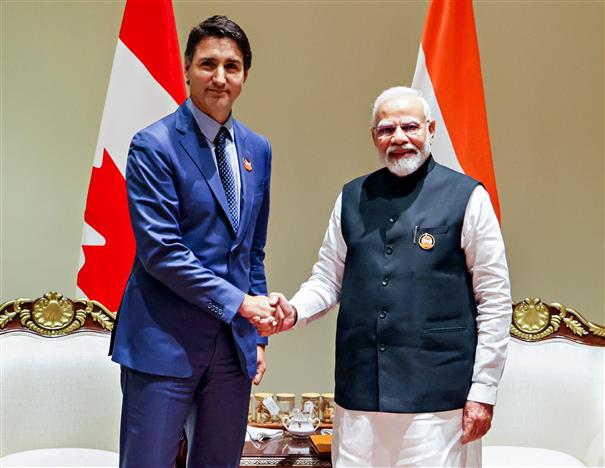
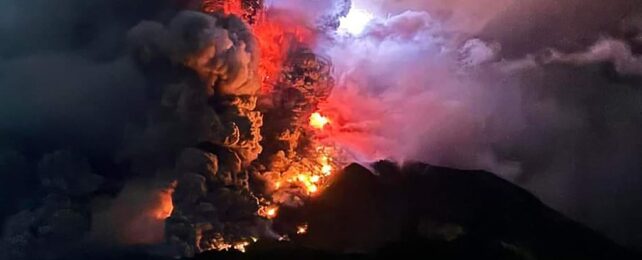


























































































.png)
 (1).png)























